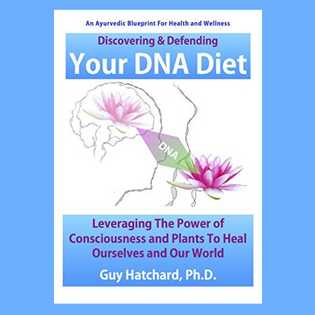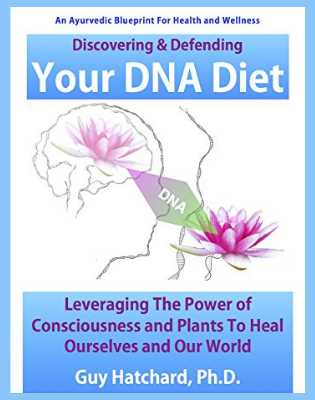If you are a science writer in search of material, your best bet is to review a few of yesterday’s mainstream media pronouncements reporting government vaccine experts. You could find enough public misdirection to keep you writing for a week.
Among yesterday’s four Covid advice articles in Stuff “Kiwis suffering health issues after Covid-19 vaccination want to be heard, but it’s complicated” raised the art of mixed messaging and gaslighting to new heights.
It started off well, raising the case of someone in Wellington debilitated with pericarditis, unable to even go for a walk, hang up washing, or vacuum, but it rapidly went off the rails. The lady is described as anxious to get her booster for the good of the general public.
We were reassured by Stuff that the Accident Compensation Commission (ACC) insurance scheme had only accepted 987 claims for vaccine related injuries, a supposedly unconcerning rate of 0.009% of doses (possibly 50 times higher than any prior vaccine).
77 of these accepted ACC vaccine injury claims are for myopericarditis. The others were for other serious conditions. Then we were told there have actually been 783 people who have reported incidents of myopericarditis following vaccination to Medsafe.
In my book this implies that only 10% of myopericarditis claims have been approved by ACC. You didn’t have to read far before Dr. Nikki Turner Director of the Auckland University Immunisation Advisory Centre weighed in with the advice that some adverse reactions to vaccination such as heart palpitations could be due to anxiety about needles.
These people should be treated with compassion, she said, (but presumably refused an insurance claim).
It gets worse, Dr. Sanjana Hattotuwa with his recently minted Ph.D., formerly a pro-democracy spokesperson from Sri Lanka, and now described by Stuff as an ‘independent’ (?) researcher employed by the NZ Government-funded Disinformation Project, was quoted as describing people seeking compensation for vaccine injuries as having been instrumentalised by anti-vax groups.
He is quoted as telling Stuff that New Zealand is a high trust society involved in a broader struggle as it tries to get to grips with the erosion of social cohesion and trust. Something that our institutions have failed to keep up with…The culprits are anti-vax groups.
(Note the language: ‘broader struggle’, ‘erosion of social cohesion’, ‘culprits’, …., is Hattotuwa or Stuff actually talking about New Zealand here?)
“..I don’t think the health agencies, institutions, and ministries fully appreciated the instrumentalisation of the content they were putting out” Hattotuwa says.
In other words, Dr. Hattotuwa appears to be advising the government to put out less information about the pandemic in case it is misrepresented—a form of government censorship of scientific information.
Such statements no doubt could be misconstrued as encouraging our government to become a more secretive and authoritarian state. Is this our Kiwi future—I hope not.
Thank God that Dr. Nikki Turner disagreed:
“I’m very much in favour of us as a country learning how to do critical appraisal and understand science, not just assume that people can’t figure it out.”
So why isn’t Dr. Nikki Turner publicly debating vaccine safety? Instead in the article, she labels anti-vax misinformation as an industry that should be called out. So no public debate then, just a cancelling fest from the safety of an ivory tower.
Distinguished immunologist Dr. Graham Le Gros executive director of the Malaghan Institute and head of Vaccine Alliance Aotearoa told Stuff that:
“NZ has a good system for reporting events possibly related to vaccinations and a high level of engagement from the public and healthcare professionals”
Since my involvement with writing about the science of the pandemic, I have been writing to Government scientists calling for mandatory reporting of adverse events subsequent to vaccination as is normal in vaccine trials. Medsafe says that only 5% of events are reported in NZ. Dr. Ashley Bloomfield has specifically refused to countenance this step.
Dr. Le Gros makes my point for me, saying:
“it will take ten years to assess all the risks of the vaccine—as is the case with all new vaccines”.
So have I missed something? We are rolling out to the public a vaccine using completely novel biotechnology the true extent of whose risks, we are assured by one of our most senior scientists, will not be known for ten years. Yet we will not be requiring mandatory reporting of adverse effects???
The article in Stuff fails NZ because it cherry picked examples of people suffering severe effects from myopericarditis and even one family of a teenager who tragically died, all of whom say the show must go on—no one should be discouraged from vaccination.
The majority of the 706 (at least) people with myopericarditis who have not been given a voice or compensation might disagree.
Tomorrow I could look at the implications of the opinion piece in today’s Stuff which calls on Jacinda Ardern to virtually guarantee these admittedly risky and hugely ineffective vaccinations are taken by all New Zealanders right down to the very young.
How one wonders—back to the coercive mandates whose supporting legislation Jacinda Ardern says she plans to keep in her back pocket?






